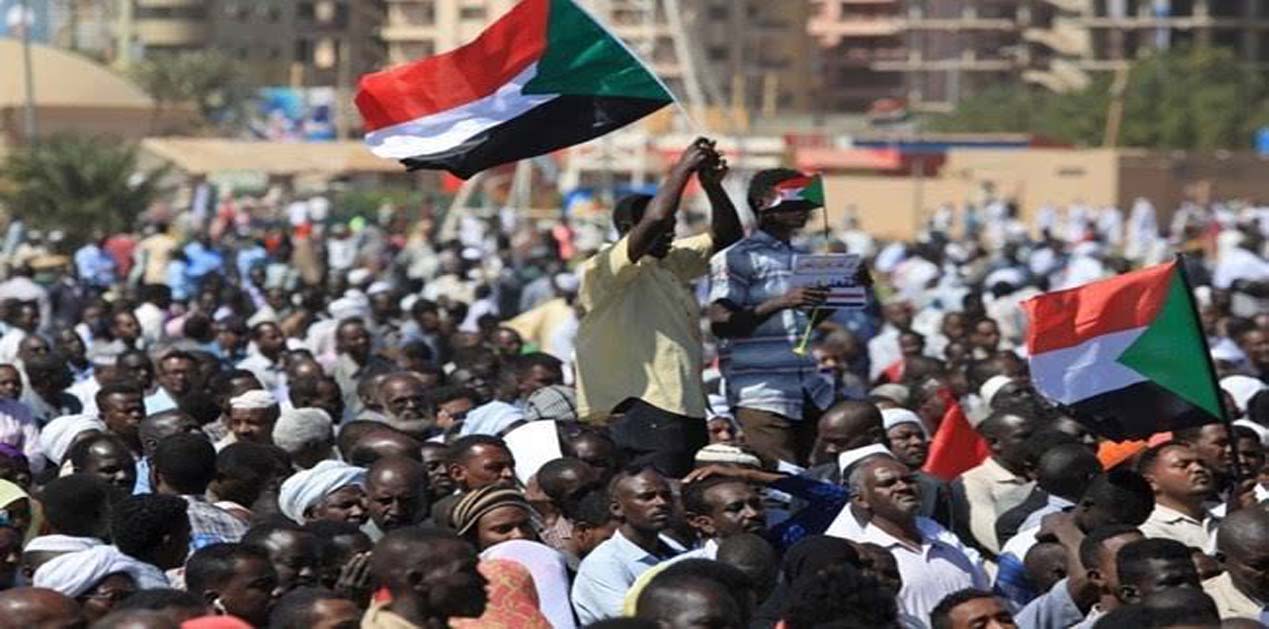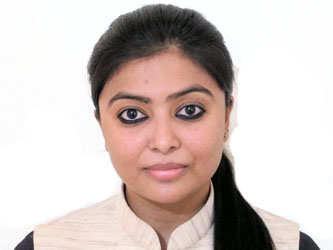Sudan, the largest country on the African continent, lies in the northeast region of Africa. Chad, the Central Africa Republic, Egypt, Libya, Ethiopic, Eritrea, Kenya, Uganda, and Democratic Republic of the Congo are its neighboring countries. It is one of the poorest countries of the world where most of the people live under hard conditions. The country falls under the category of Least Developed Country (LDC) with an inadequate national road grid that connects the country. People are primarily dependent on agricultural and pastoral subsistence economy. Following the civil war that lasted for decades in Sudan, the southern region of the country seceded, thus becoming the world’s newest nation of South Sudan in 2011. Even today, conflict and crises continue to enrage both the nations which has resulted in increased poverty despite the two nations having huge agricultural and mining capabilities and prospects.
Since December 2018, there was an ongoing outcry in Sudan where the protesters demanded President Omar Al Bashir step down. Bashir’s long reign in Sudan is marked by internal crises as he ruled the country after a coup in 1989 and was elected President of Sudan in 1993. Wanted by the International Criminal Court over alleged war crimes in Darfur, he is also accused of conducting a campaign of ethnic cleansing in the region. He was arrested in 2015 while visiting South Africa, and was accused of crimes against humanity and war crimes in relation to Sudanese military actions in the Darfur region. For the past few months, the country has been undergoing shortage of food with continuous rise in price; flaring anger among the protesters. The crisis soared when demonstrators began gathering outside Bashir’s home in Khartoum.
Women played a significant role in ousting Bashir as two-thirds of those who turned out on street were women. Although, there were people from different religious, political, social and ethnic groups but women were at the forefront as oppression of Bashir’s government against women was much more critical. Most of the human rights violation during his era was committed against women and their children. Amidst the demonstrations, Ala Salah became a mark of resistance in Sudan. She is a twenty-two year lady who led the protest to protect the country against Bashir’s 30 years rule. She has also gone viral with her chants famously being referred as ‘Kandaka’, a title given to Nubian Queens of ancient Sudan. The Guardian quotes: “I’m very glad that my photo let people around the world know about the revolution in Sudan … Since the beginning of the uprising I have been going out every day and participating in the demonstrations because my parents raised me to love our home,” Salah said (The Guardian 2019).
During the protests, at least twenty-five people have been killed by the security forces. After four months of protests, Bashir was arrested on 11th April and forced out of power by the country’s military. Demand of the people was peaceful transition of power by holding free and fair election in this transitional phase. There is also demand to have a new constitution. In the midst of the celebrations related to the ouster of the President, there has been a call by the activists to have a civilian government in Sudan. The Defence Minister of Sudan, on a state TV, mentioned about President Bashir’s arrest. The celebration quickly turned to chanting against the country's Defence Minister when he announced military seizure of power. Furthermore, he stated that the army will take over for two years, and elections will be held after that period (Jason Burke, 2019). Army General Ahmed Ibn Auf declared state of emergency in Sudan for three months and curfew from 10 pm to 4 am to be enforced for at least one month. The protesters further gathered in front of the military headquarter with their demand to hand over power to a civilian transitional government (Farai, Sirgany and Elbagir, 2019).
International response to the coup has been one of support of people’s demand related to a civilian government. In Addis Ababa, the African Union President Faki Mahamat said, “the military takeover is not the appropriate response to the challenges facing Sudan.” Even the Britain’s Deputy Ambassador to the United Nations Jonathan Allen, officially declared the military’s transition plan as inefficient with a focus on the need to have a civilian rule in Sudan in future. The United Nations Secretary-General Antonio Guterres has made a plea for “calm and utmost restraint by all” and supported a change that would meet up with the “democratic aspirations” of the people. Also, the UK Foreign Secretary Jeremy Hunt said that, ‘a two-year military council was not the answer”, and called for a “swift move to an inclusive, representative, civilian leadership”. The African Union has criticised the military involvement, calling it an inappropriate reaction to the challenges faced by Sudan and the aspirations of its people. Amnesty International’s Secretary General Kumi Naidoo stated that justice was “long overdue” for Bashir (BBC, 2019).
The Sudanese military has pledged to ensure stability and safety. The military council has decided to hold meetings with the political groups of Sudan in order to form a civilian government and mentioned that it has no interest in holding the reins of power after Bashir’s removal. The proposal on Friday was dismissed by the Sudanese Professionals Association (SPA) which led the protests leading to Bashir’s overthrow by the armed forces. A member of the transitional military council Omar al-Abideen under General Ibn Auf said that they are “ready to step down as early as a month if a government is formed”. Furthermore he said, ‘“we are the protectors of the demand of the people and we are not greedy for power” (Aljazeera 2019).
To conclude, efforts are being taken to create an environment for peaceful dialogue in Sudan. This protest offers a very distinct chronicle and story of the country.
Endnotes:
- Aljazeera 2019, 'We are not greedy for power': Sudan army promises civilian gov't’.
https://www.aljazeera.com/news/2019/04/sudan-military-ambition-hold-reins-power-190412093906599.html - Farai Sevenzo, Sarah El Sirgany and Nima Elbagir, 2019: “Joy turns to fear in Sudan as army takes control after ousting Bashir, CNN.
https://edition.cnn.com/2019/04/12/africa/sudan-army-bashir-intl/index.html - Jason Burke 2019, ‘Sudan protesters reject army takeover after removal of president’, The Guardian. https://www.theguardian.com/world/2019/apr/11/sudan-army-ousts-bashir-after-30-years-in-power
- BBC 2019, ‘Sudan coup: Protesters defy curfew after military ousts Bashir’.https://www.bbc.com/news/world-africa-47903332
- The Guardian 2019, I was raised to love our home': Sudan's singing protester speaks out.
https://www.theguardian.com/global-development/2019/apr/10/alaa-salah-sudanese-woman-talks-about-protest-photo-that-went-viral
Image Source: https://i2.wp.com/www.nyamile.com/wp-content/uploads/2019/01/images.jpeg?fit=650%2C420&ssl=1










Post new comment